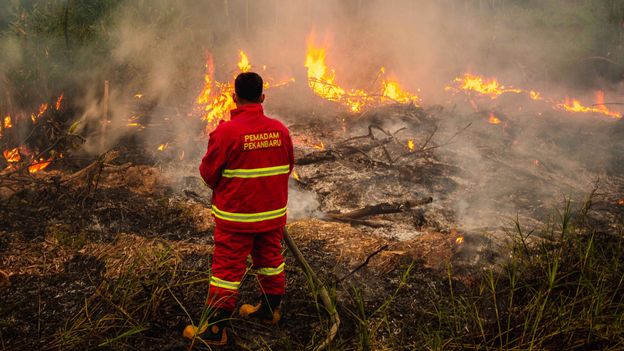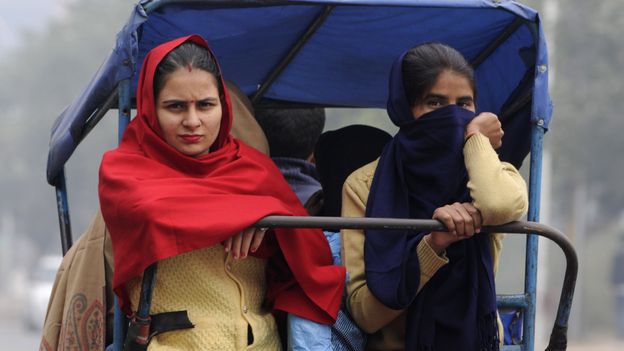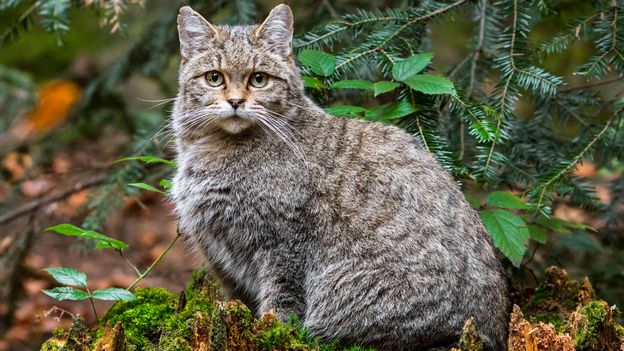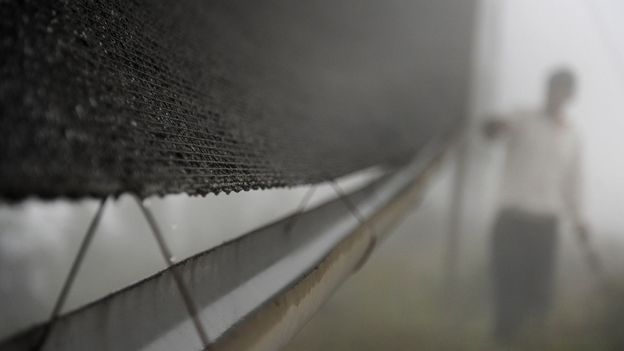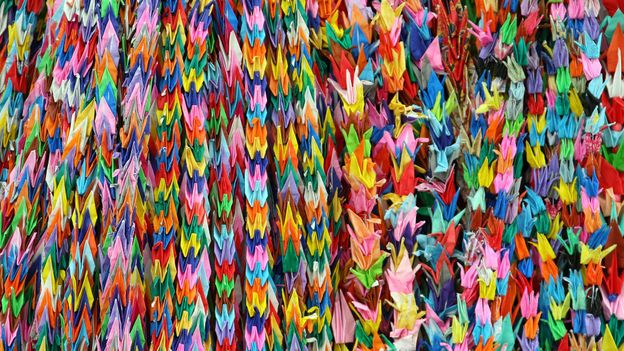Herry Purnomo, a researcher at Indonesia’s Center for International Forestry Research, says that the Islamic approach is innovative, but he has reservations that religious lectures will be enough. “There are always challenges in the fields that make it difficult for farmers to keep on the track,” he says. Purnomo cites a story of farmers who had worked hard to clear the land manually, and planted it with gaharu (agarwood). Just before the harvest time, a wild boar came and ate the fruits along with the young trees’ bark. “This is when our faith is tested. Are we going to give up?” he says.
Another consideration, says Purnomo, is that it is not only poor and smallholder farmers that need to change. His research found that there were more fire hotspots in the run up to local elections. “Local elections involve land transactions, and fires were used as a cheap way to increase land value,” he says. Engaging local elites and politicians could do more good than working with individual farmers, says Purnomo. In addition, it is not just small-scale farmers that set fires – large plantations have been accused of engaging in the practice too.
Mangunjaya agrees that peatland restoration is a very complex issue and he can’t guarantee that a fatwa, preached by local clerics like Mustangin or Azmi, would influence local politicians. “But their persistency in spreading Islamic environmentalism has a great potential to help the government achieve the restoration target,” he says.
And the results, so far, appear to be positive. In 2019’s fires, 1.6 million hectares of land burned, but no signs of fire were found at 65% of the villages which BRG had worked with. In some restoration areas where there were fires, they were more controllable. “[In the past] we needed at least two months to fight the fires. But last year, the fires ended just in two days,” says Azmi.
As the dry season approaches, which runs from April to October, it is an effort that clerics hope to continue to abate the fires. “Whenever there is a meeting in the village office, I always speak up and ask the village head and the audience to manage degraded lands,” says Mustangin. “I will never get bored of reminding them. We have to protect God’s creation.”
—
The emissions from travel it took to report this story were 0kg CO2: the writer interviewed sources remotely. The digital emissions from this story are an estimated 1.2g to 3.6g CO2 per page view. Find out more about how we calculated this figure here.
—
Join one million Future fans by liking us on Facebook, or follow us on Twitter or Instagram.
If you liked this story, sign up for the weekly bbc.com features newsletter, called “The Essential List”. A handpicked selection of stories from BBC Future, Culture, Worklife, and Travel, delivered to your inbox every Friday.

